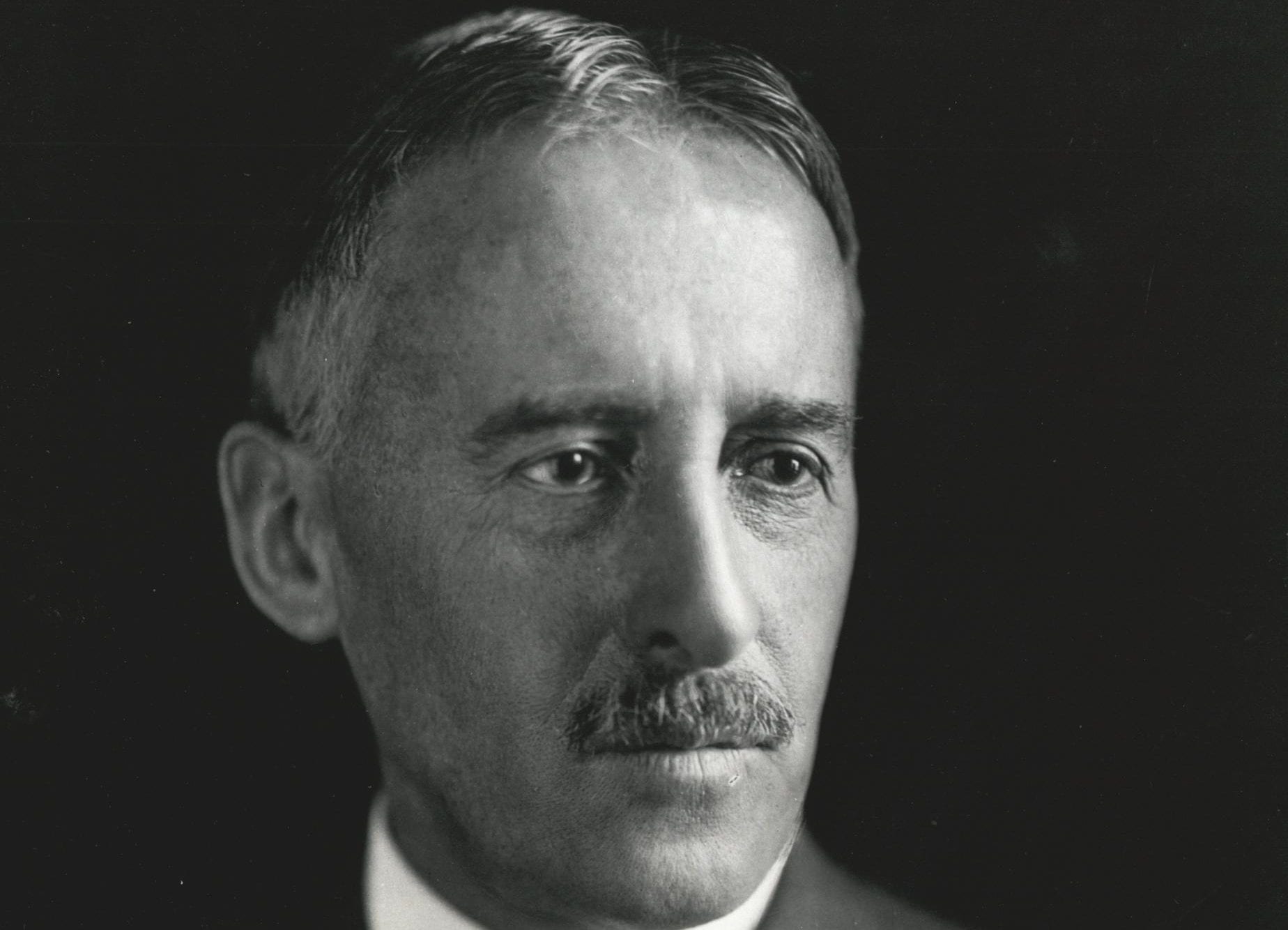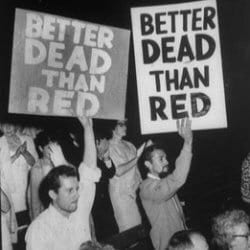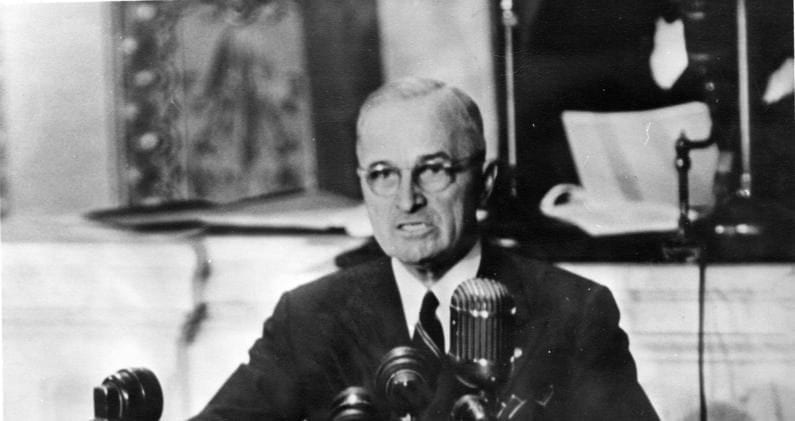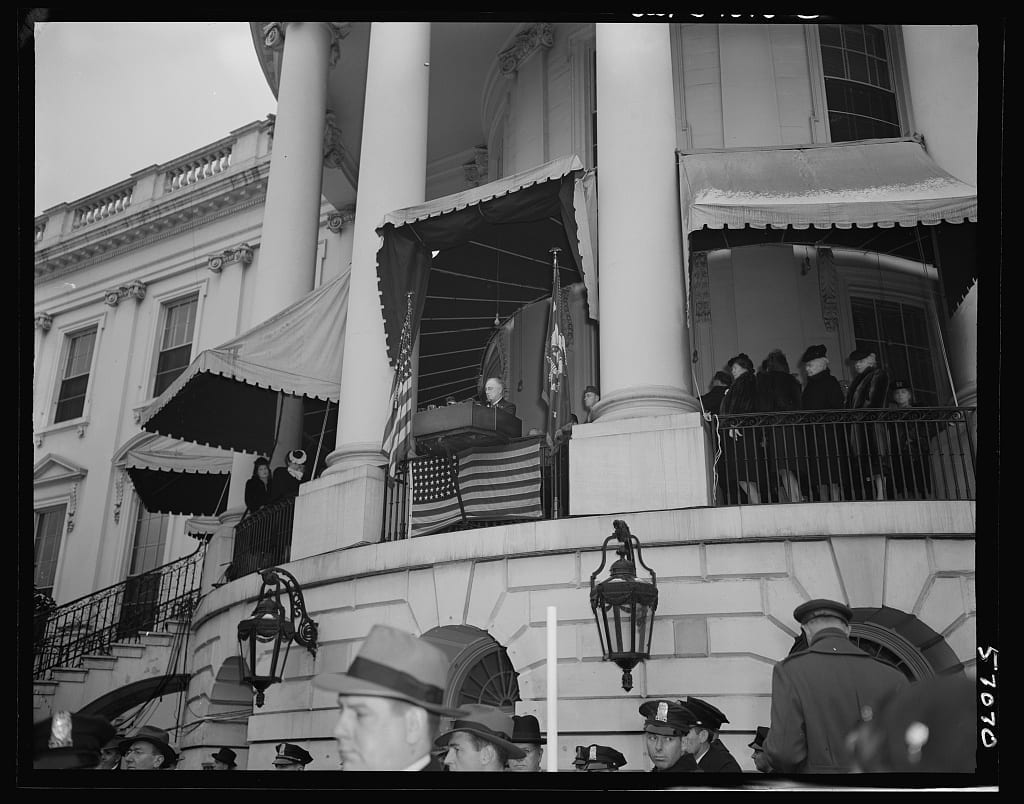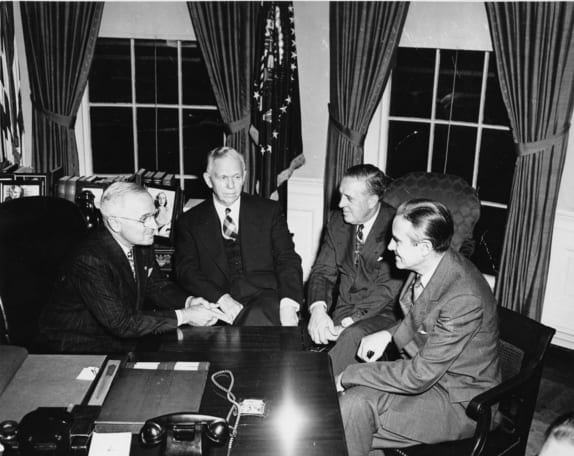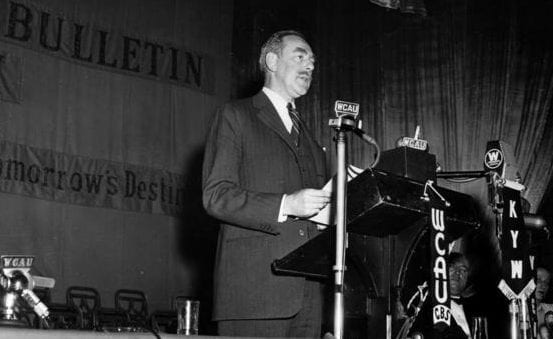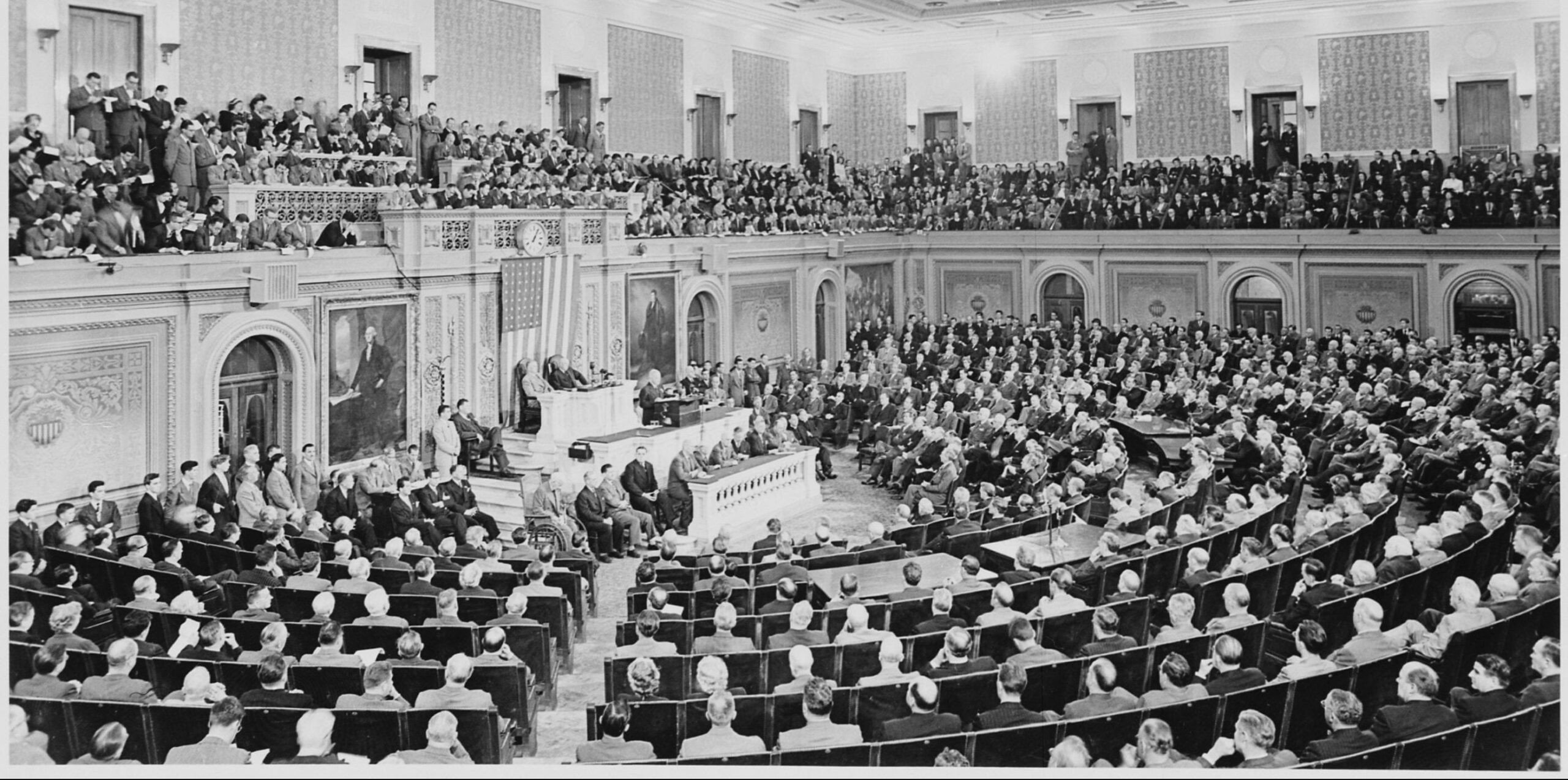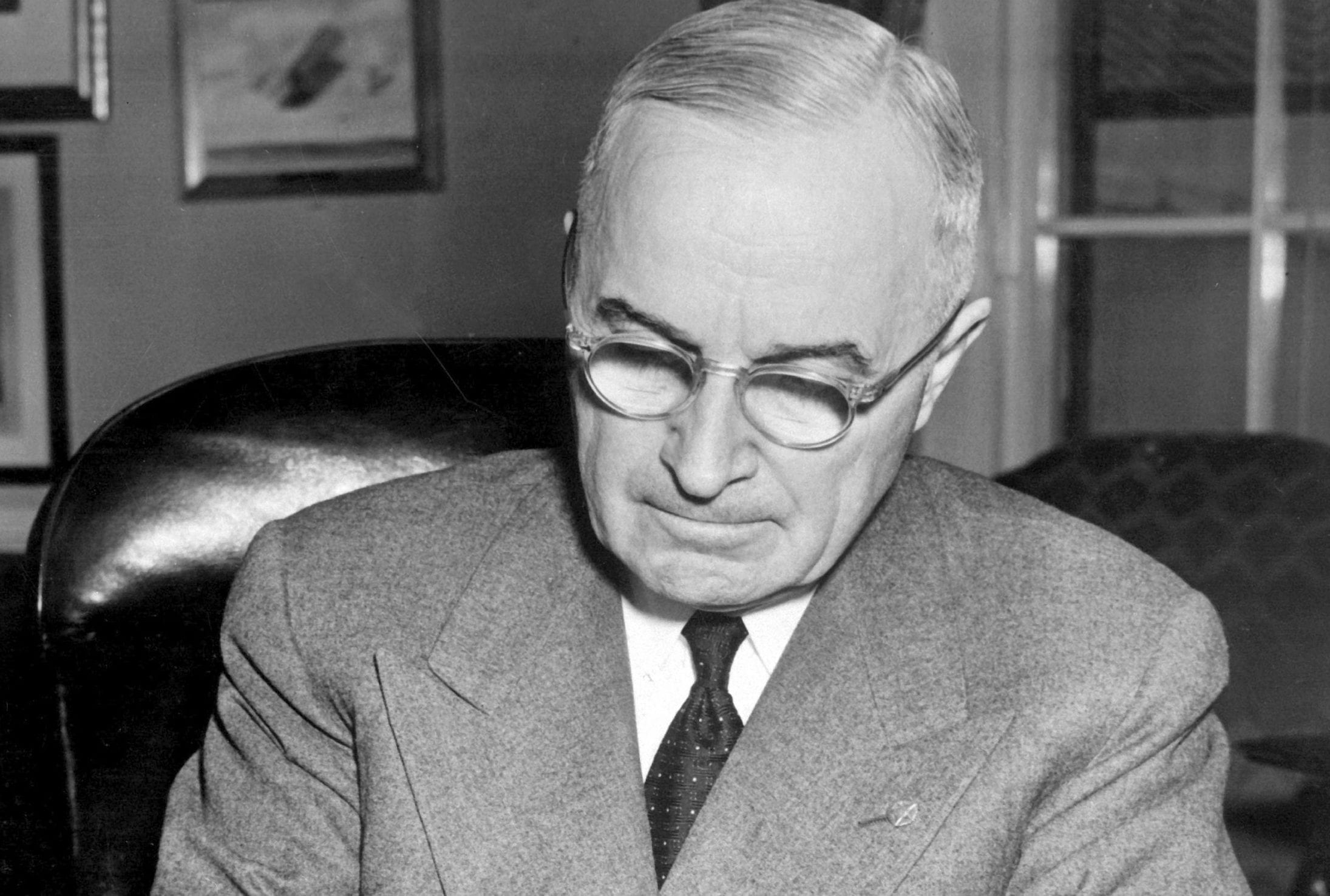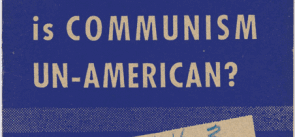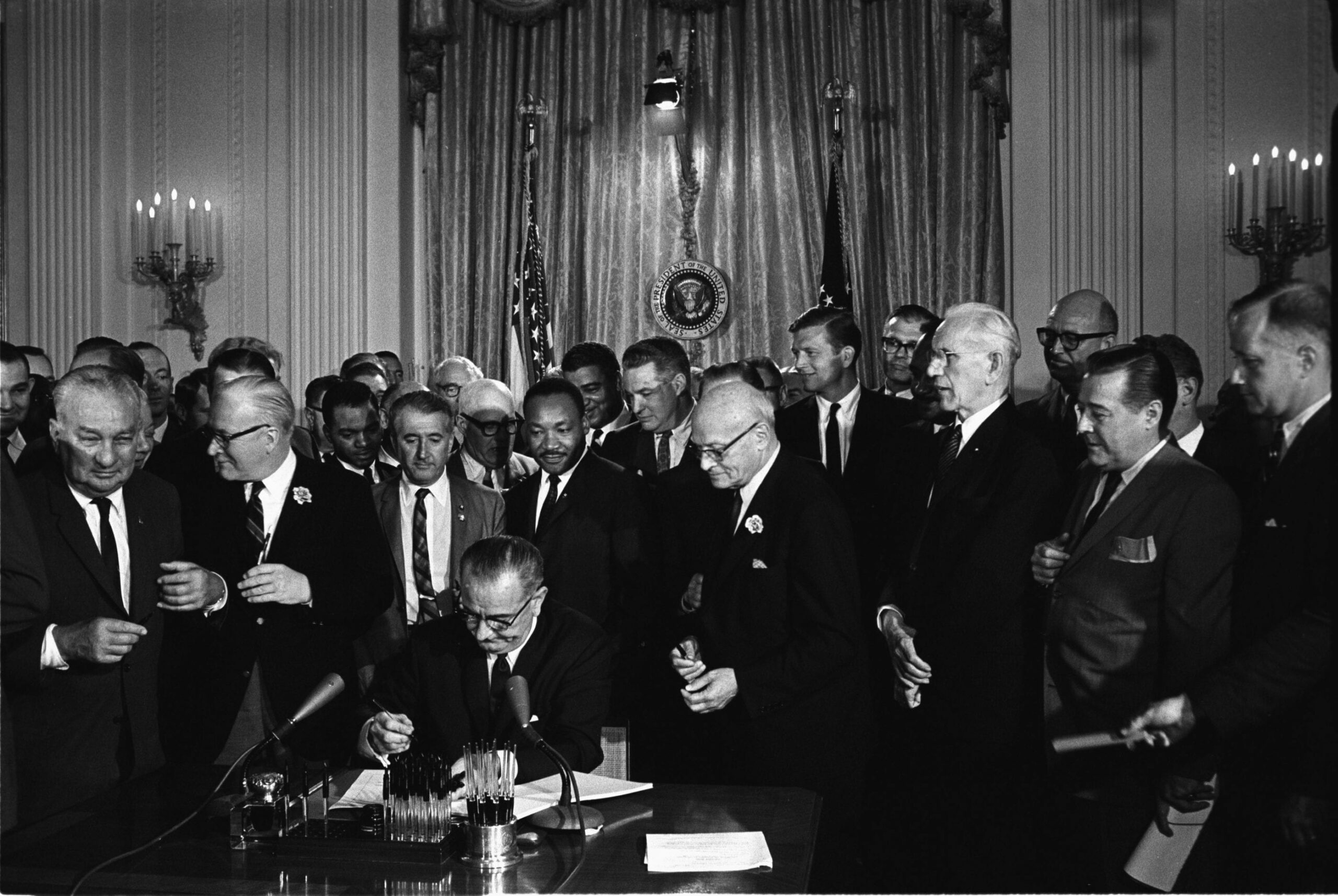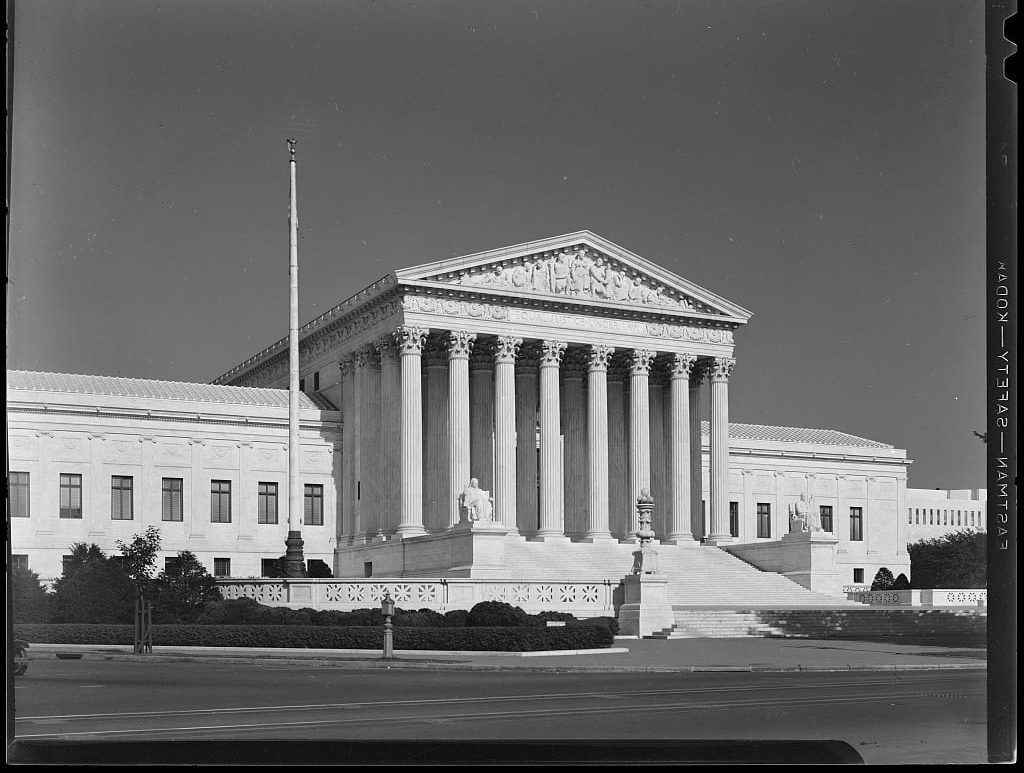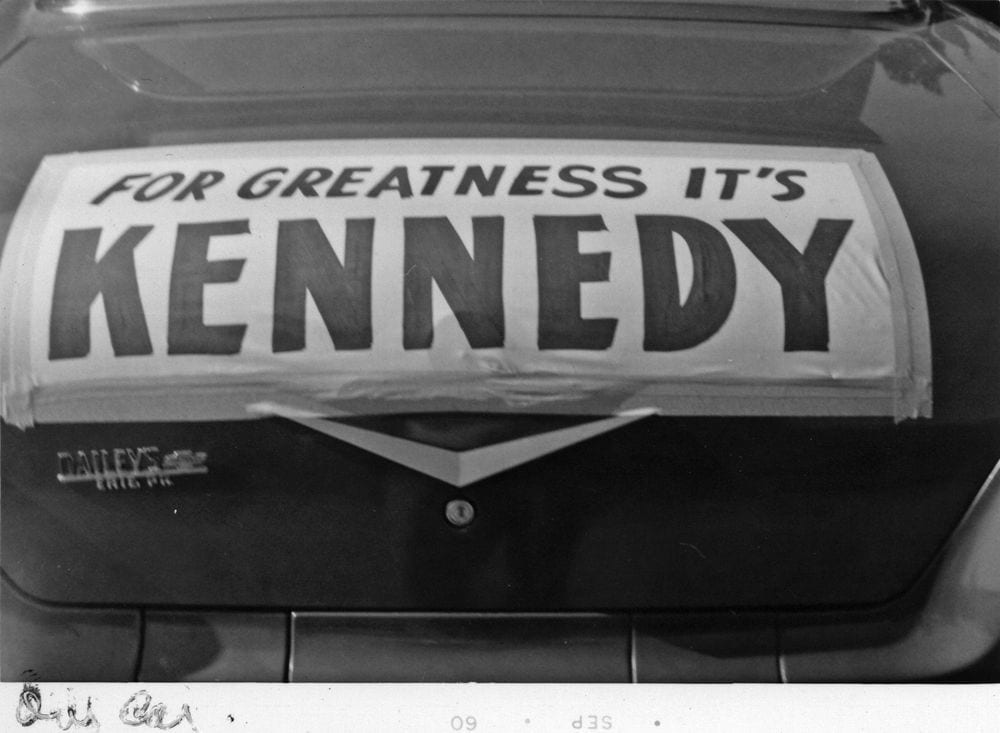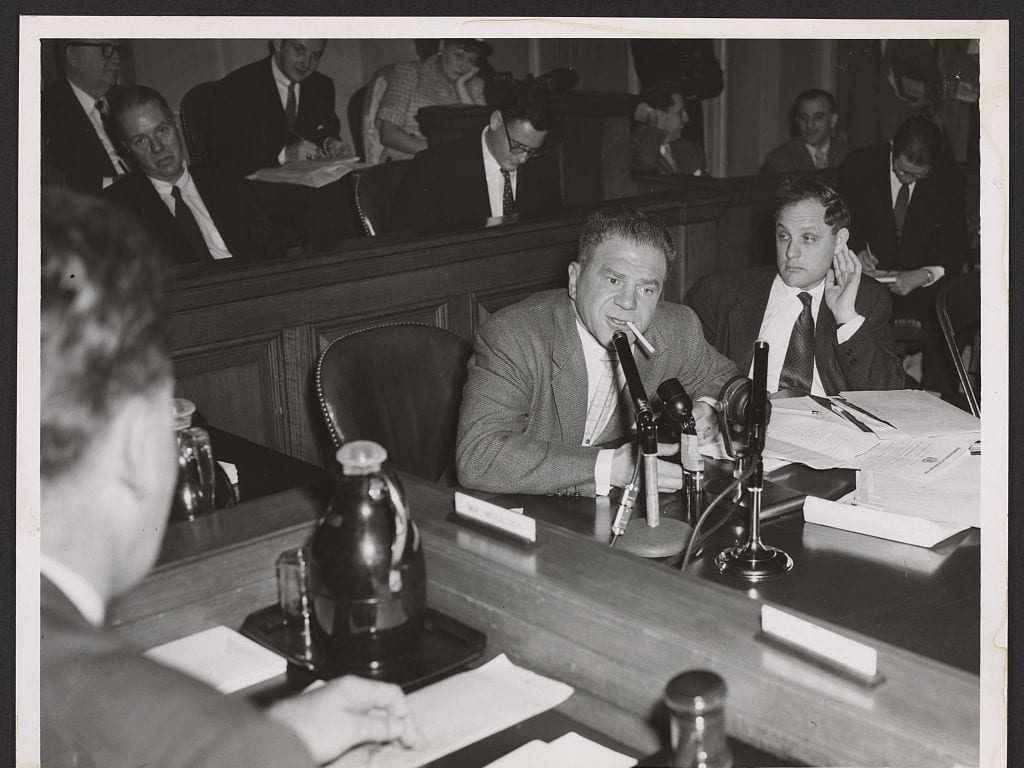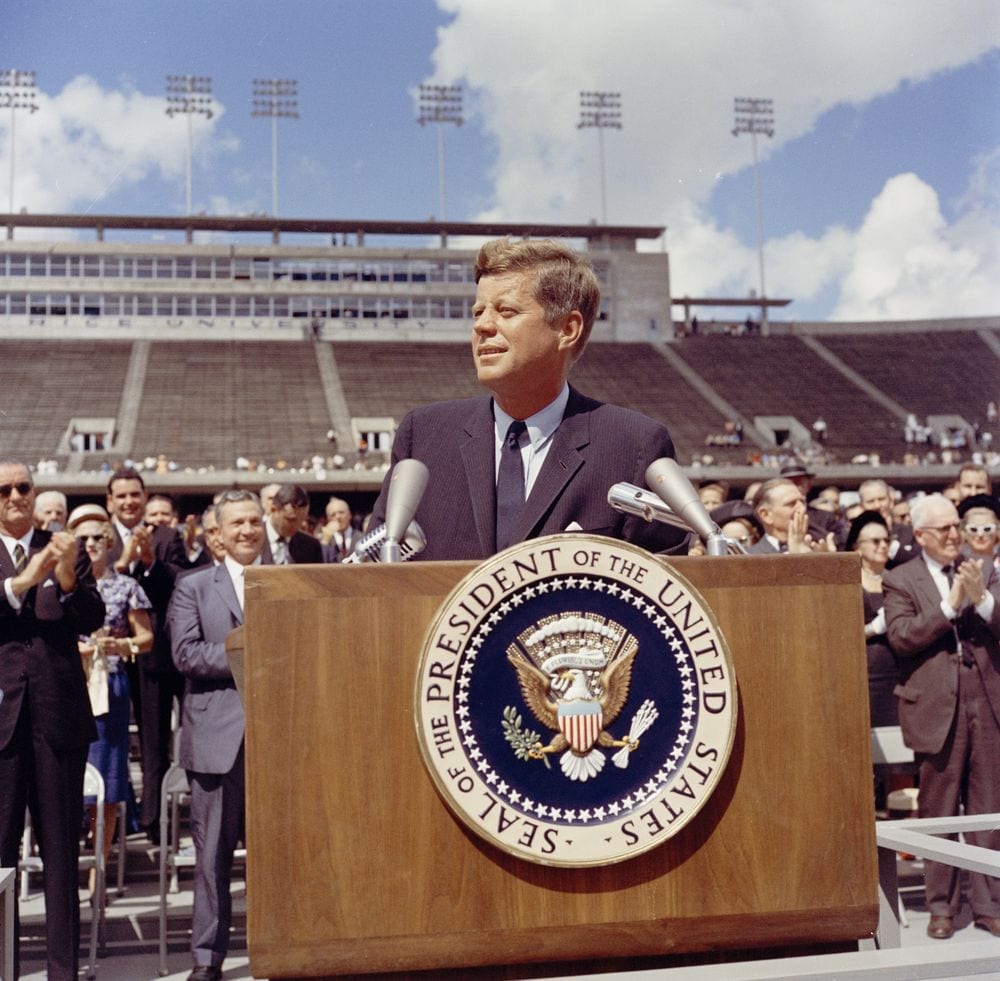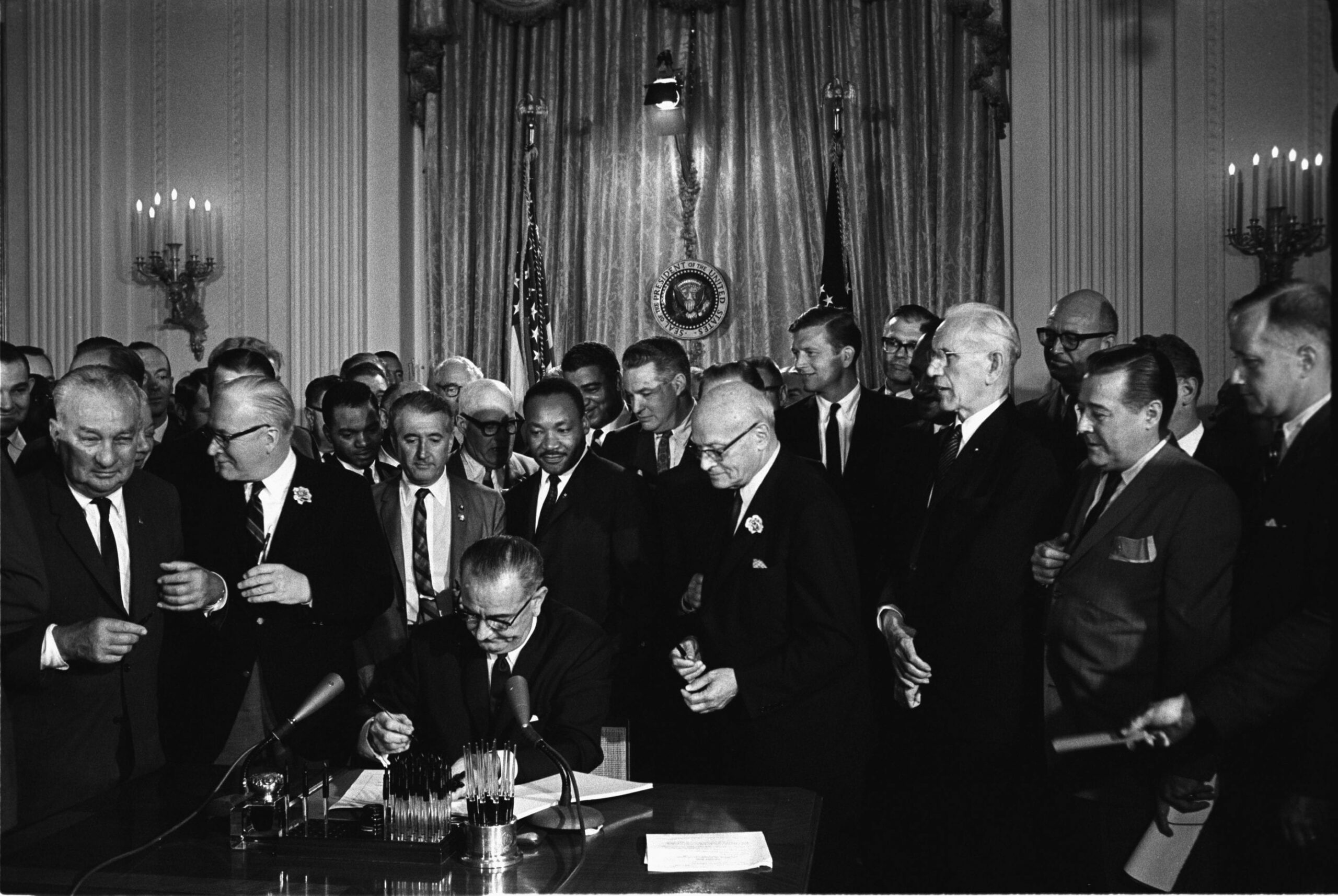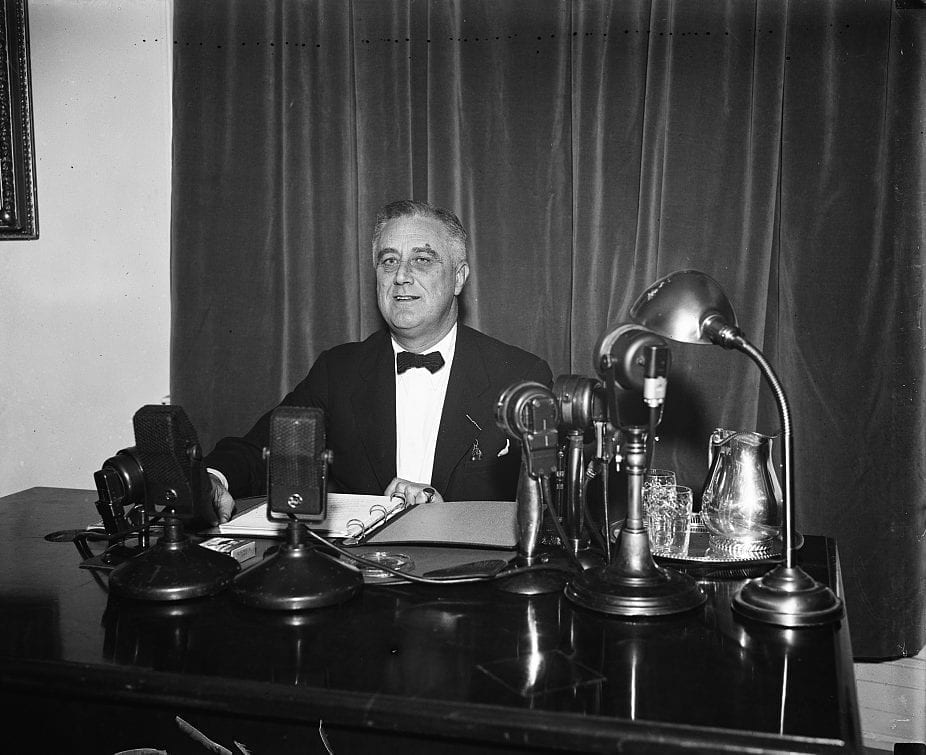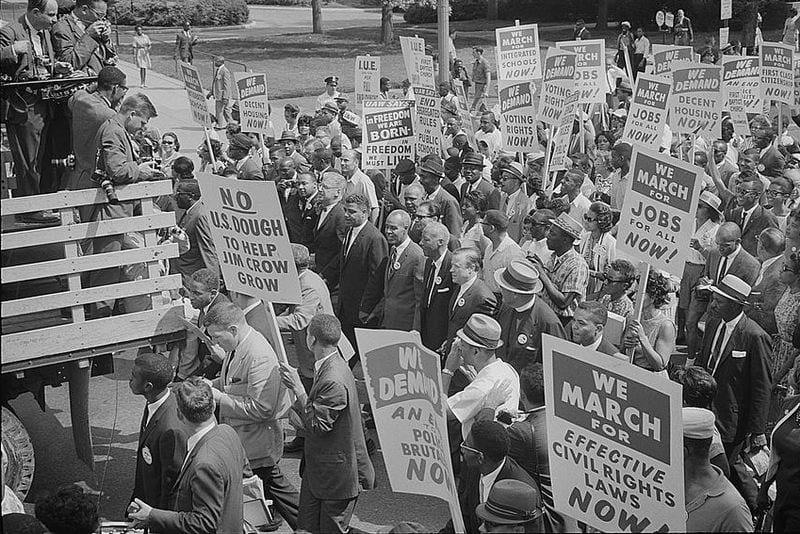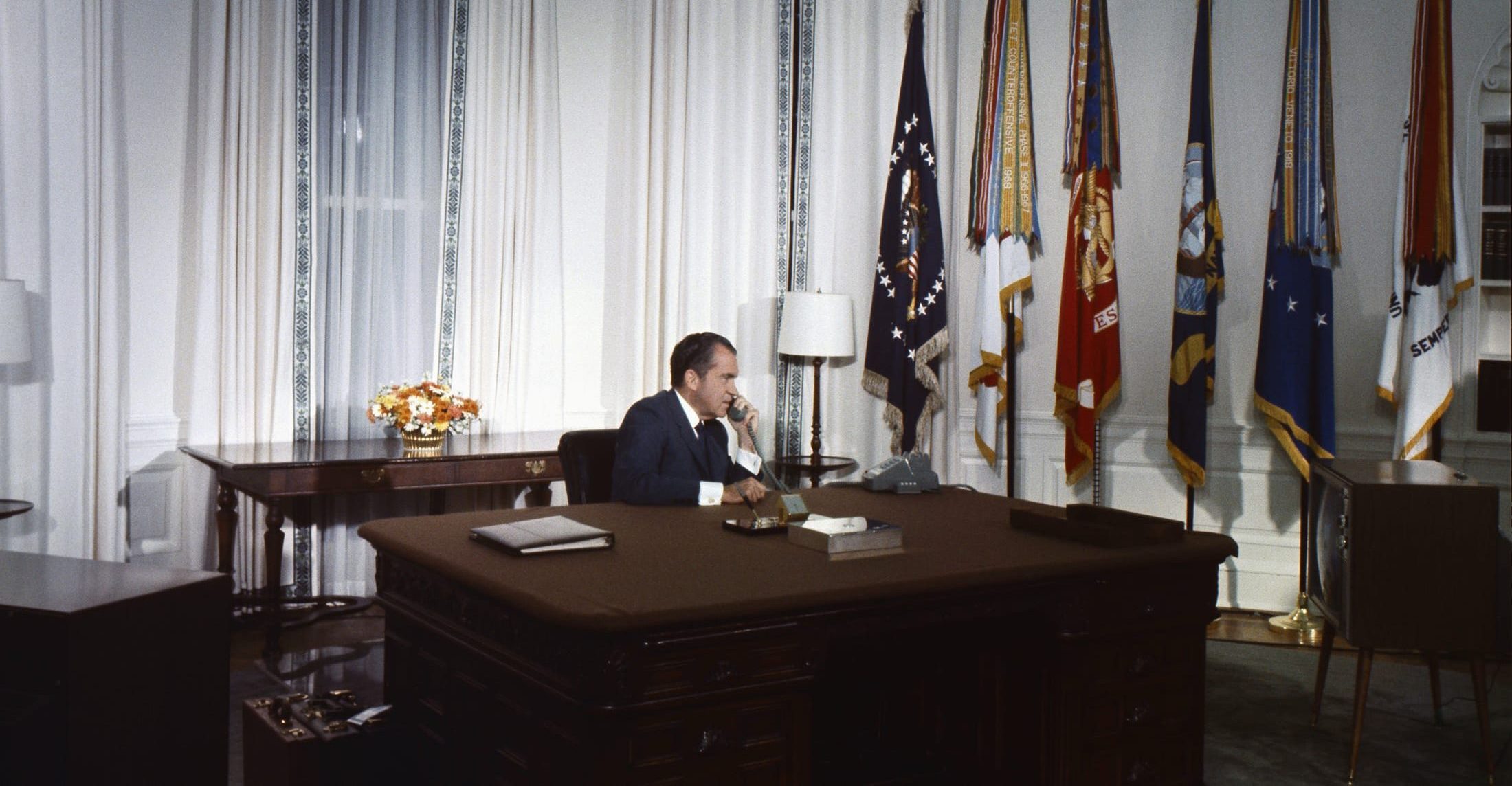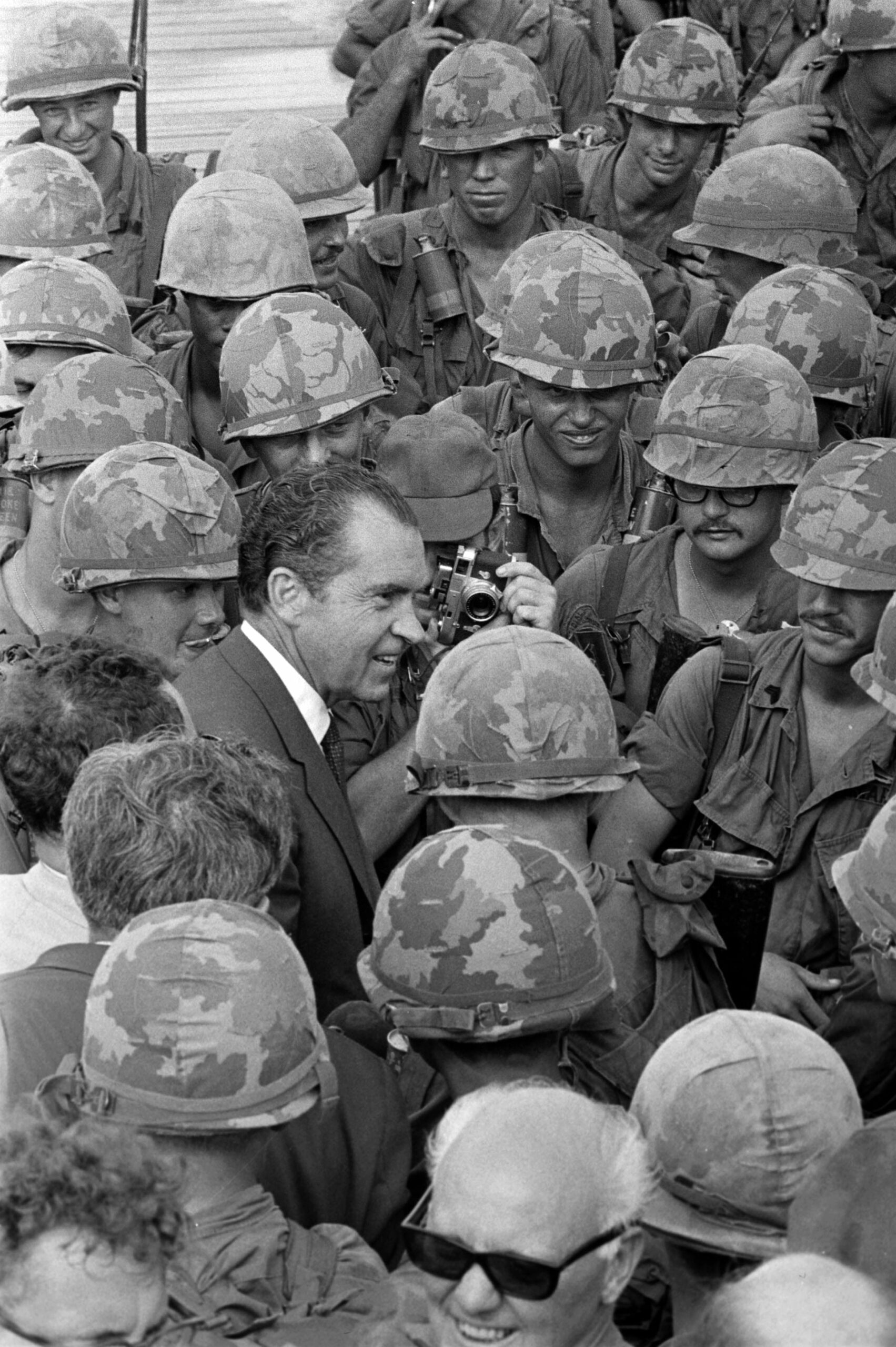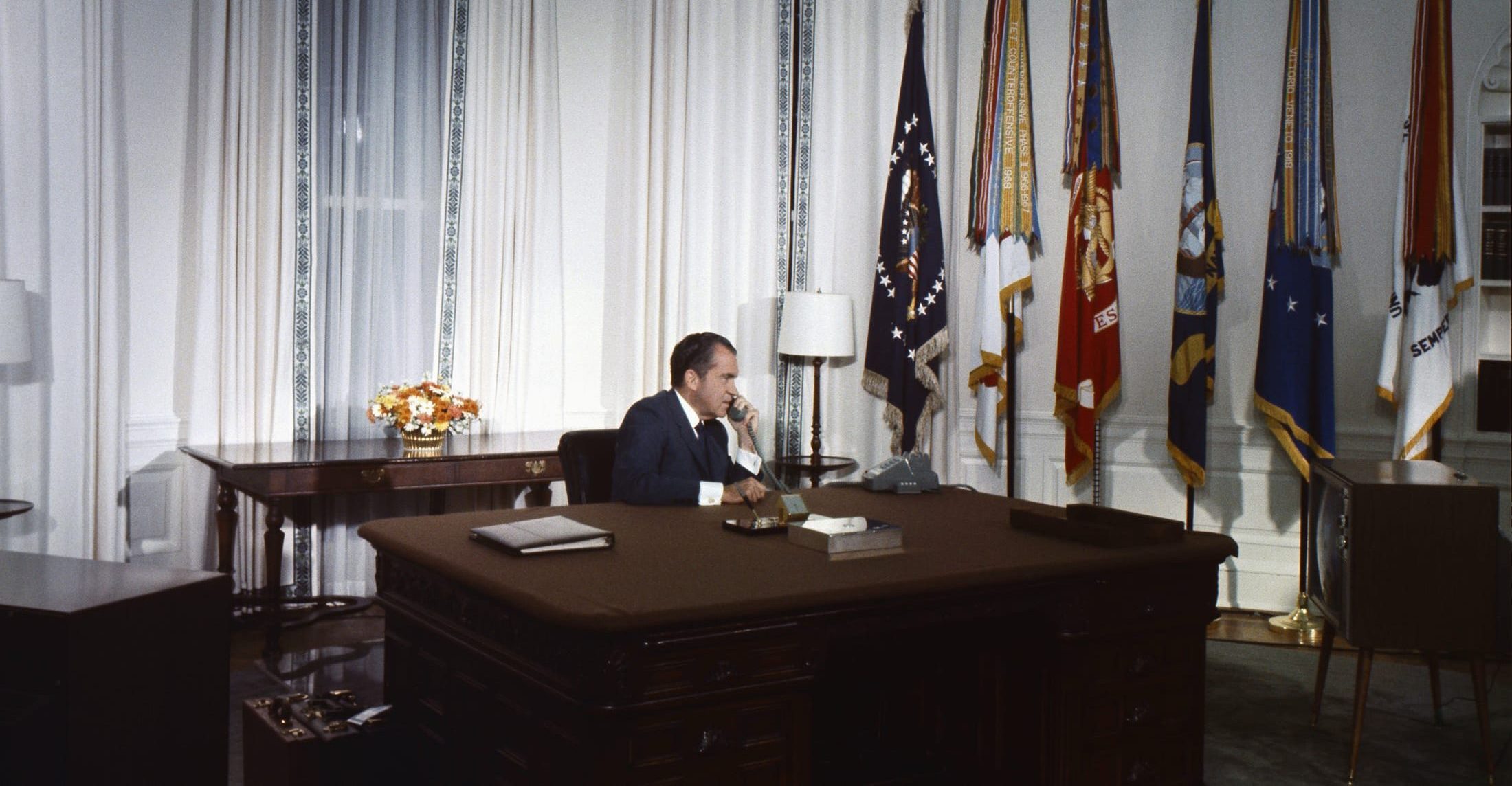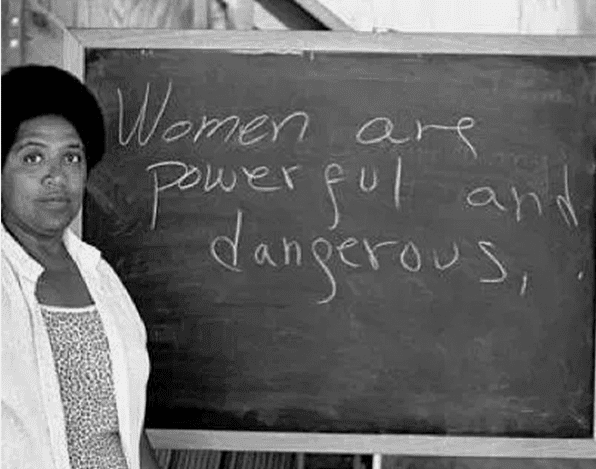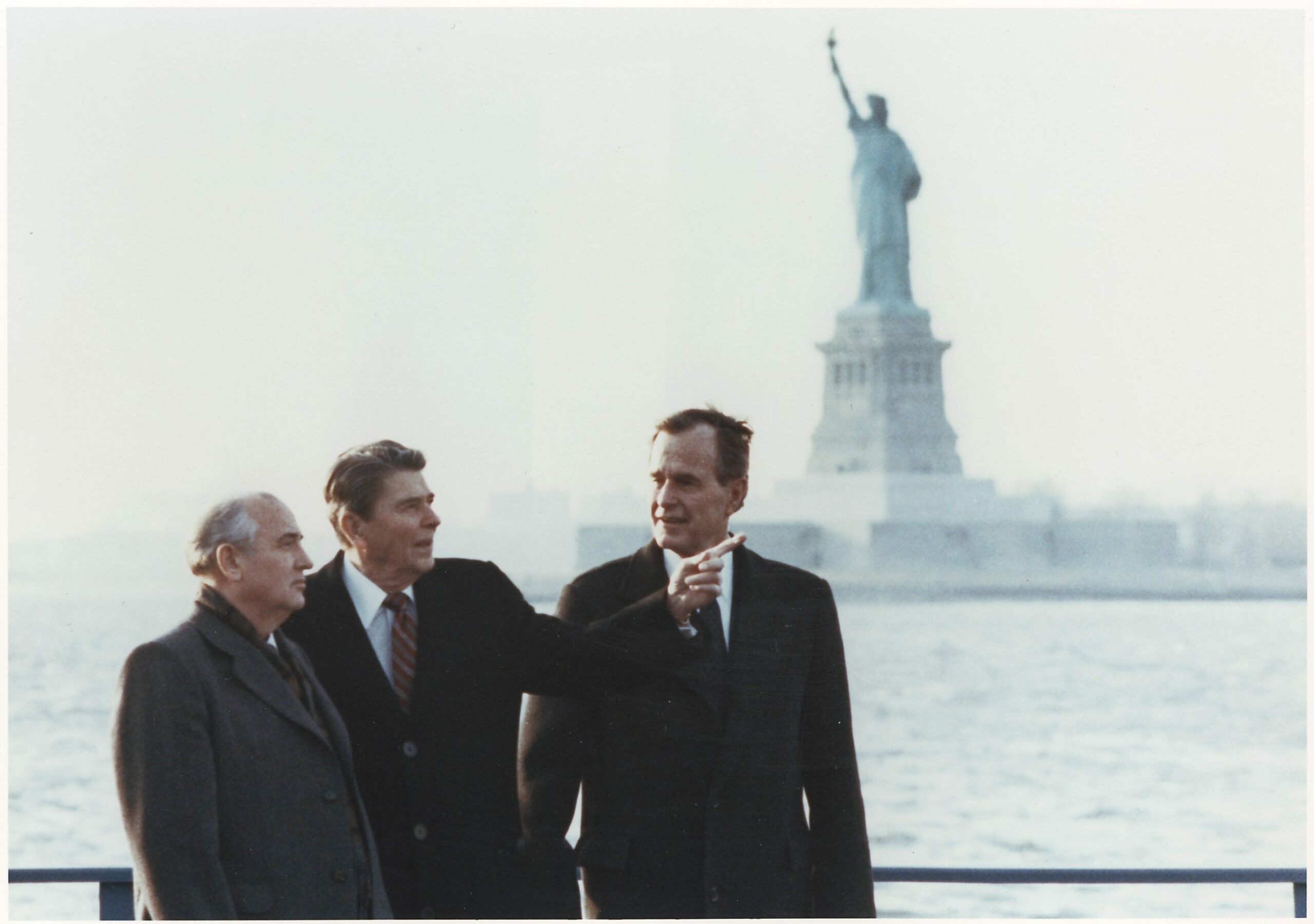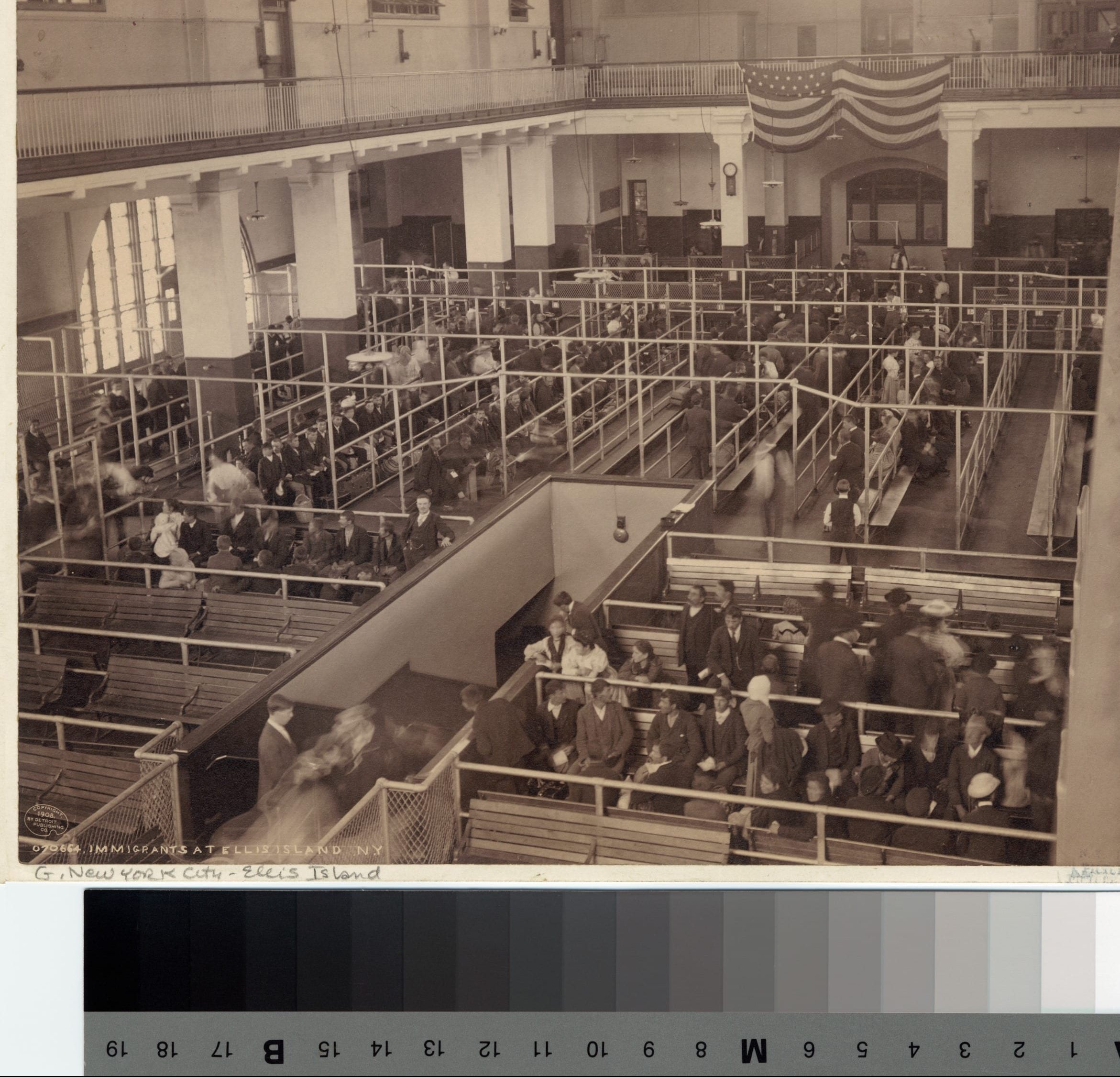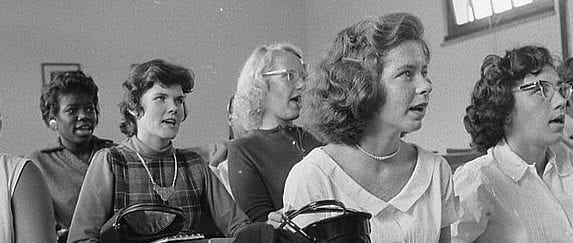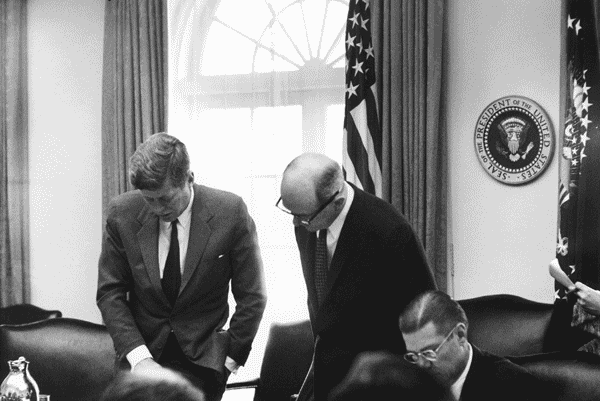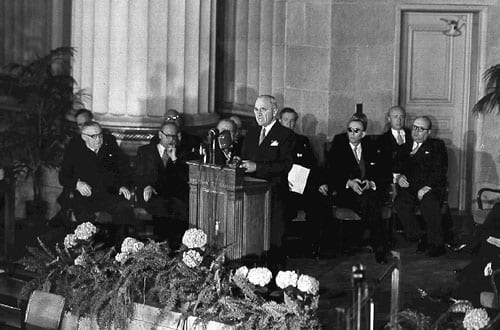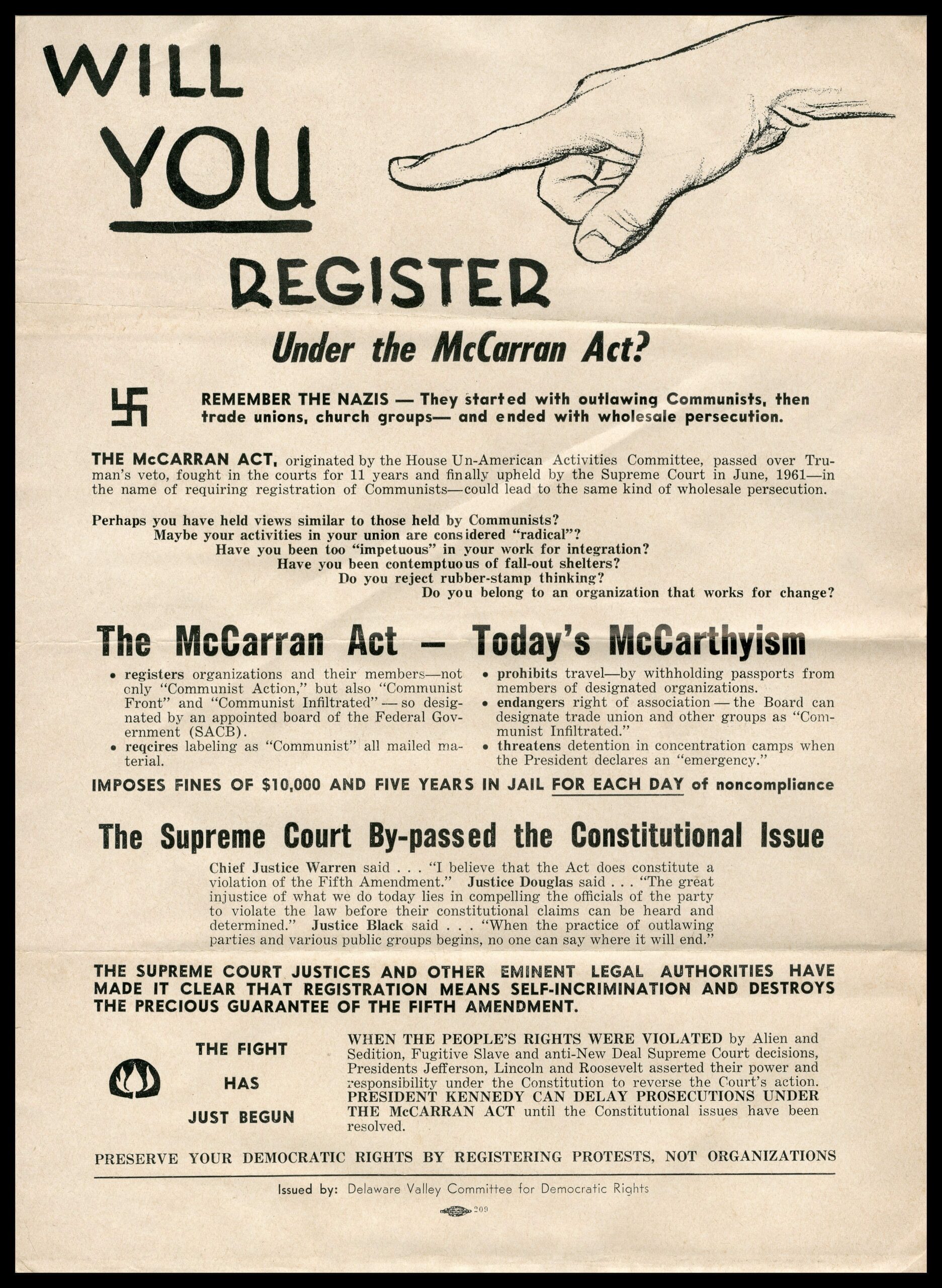Introduction
Contrary to a popular opinion, the Supreme Court’s ruling in Brown v. Board of Education did not render the entire regime of Jim Crow racial segregation constitutionally invalid. The justices took care to confine their judgment to the realm of public education, in part because they wished to avoid offending a long-standing, and at the time still widespread, hostility to interracial miscegenation. In 1967 the Court decided it was time to address that issue squarely.
In June 1958, two residents of Virginia, Mildred Jeter, a black woman, and Richard Loving, a white man, were married in the District of Columbia pursuant to its laws. The Lovings then attempted to reside in Virginia—a state, like sixteen others at the time, in which interracial marriages were prohibited by law. A few months later they were indicted for violating the Virginia law. They pled guilty and received a suspended sentence, on the condition that they leave the state and not return for twenty-five years. They then took up residence in Washington, DC, and brought suit challenging the constitutionality of the Virginia statute.
—Peter C. Myers
MR. CHIEF JUSTICE WARREN1 delivered the opinion of the Court.
This case presents a constitutional question never addressed by this Court: whether a statutory scheme adopted by the State of Virginia to prevent marriages between persons solely on the basis of racial classifications violates the Equal Protection and Due Process Clauses of the Fourteenth Amendment. For reasons which seem to us to reflect the central meaning of those constitutional commands, we conclude that these statutes cannot stand consistently with the Fourteenth Amendment. . . .
In upholding the constitutionality of these provisions in the decision below, the Supreme Court of Appeals of Virginia . . . concluded that the State’s legitimate purposes were “to preserve the racial integrity of its citizens,” and to prevent “the corruption of blood,” “a mongrel breed of citizens,” and “the obliteration of racial pride,”2 obviously an endorsement of the doctrine of White Supremacy. . . .The court also reasoned that marriage has traditionally been subject to state regulation without federal intervention, and, consequently, the regulation of marriage should be left to exclusive state control by the Tenth Amendment. . . .
. . .[T]he State argues that the meaning of the Equal Protection Clause, as illuminated by the statements of the Framers, is only that state penal laws containing an interracial element as part of the definition of the offense must apply equally to whites and Negroes in the sense that members of each race are punished to the same degree. Thus, the State contends that, because its miscegenation statutes punish equally both the white and the Negro participants in an interracial marriage, these statutes, despite their reliance on racial classifications, do not constitute an invidious discrimination based upon race. . . .
. . .[T]he Equal Protection Clause requires the consideration of whether the classifications drawn by any statute constitute an arbitrary and invidious discrimination. The clear and central purpose of the Fourteenth Amendment was to eliminate all official state sources of invidious racial discrimination in the States. . . .
There can be no question but that Virginia’s miscegenation statutes rest solely upon distinctions drawn according to race. The statutes proscribe generally accepted conduct if engaged in by members of different races. Over the years, this Court has consistently repudiated “[d]istinctions between citizens solely because of their ancestry” as being “odious to a free people whose institutions are founded upon the doctrine of equality.”3 At the very least, the Equal Protection Clause demands that racial classifications, especially suspect in criminal statutes, be subjected to the “most rigid scrutiny,”4 and, if they are ever to be upheld, they must be shown to be necessary to the accomplishment of some permissible state objective, independent of the racial discrimination which it was the object of the Fourteenth Amendment to eliminate. Indeed, two members of this Court have already stated that they
“cannot conceive of a valid legislative purpose . . .which makes the color of a person’s skin the test of whether his conduct is a criminal offense.”5
There is patently no legitimate overriding purpose independent of invidious racial discrimination which justifies this classification. The fact that Virginia prohibits only interracial marriages involving white persons demonstrates that the racial classifications must stand on their own justification, as measures designed to maintain White Supremacy. We have consistently denied the constitutionality of measures which restrict the rights of citizens on account of race. There can be no doubt that restricting the freedom to marry solely because of racial classifications violates the central meaning of the Equal Protection Clause.
These statutes also deprive the Lovings of liberty without due process of law in violation of the Due Process Clause of the Fourteenth Amendment. The freedom to marry has long been recognized as one of the vital personal rights essential to the orderly pursuit of happiness by free men.
Marriage is one of the “basic civil rights of man,”6 fundamental to our very existence and survival. To deny this fundamental freedom on so unsupportable a basis as the racial classifications embodied in these statutes, classifications so directly subversive of the principle of equality at the heart of the Fourteenth Amendment, is surely to deprive all the State’s citizens of liberty without due process of law. The Fourteenth Amendment requires that the freedom of choice to marry not be restricted by invidious racial discriminations. Under our Constitution, the freedom to marry, or not marry, a person of another race resides with the individual, and cannot be infringed by the State.
These convictions must be reversed.





